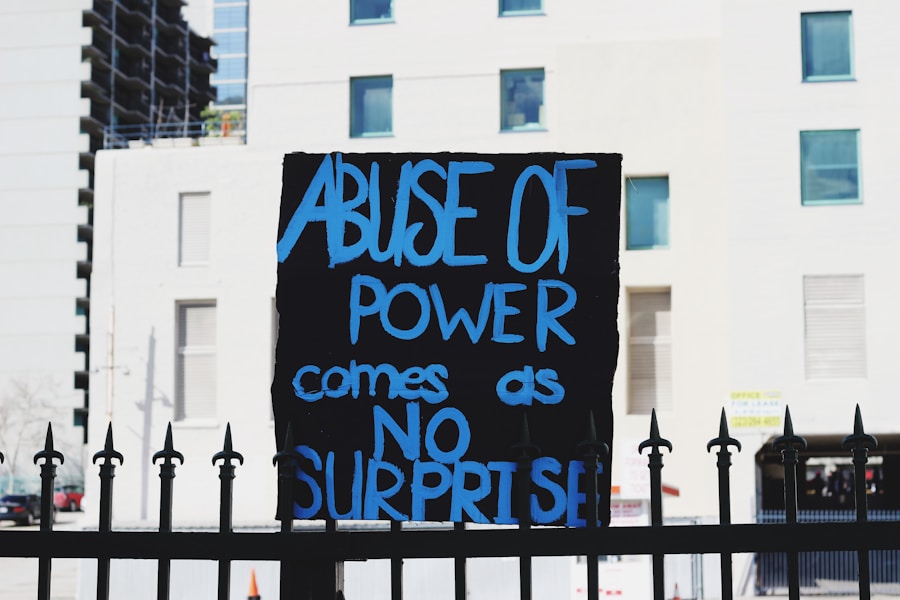An Independent Mental Capacity Advocate (IMCA) is a professional who is appointed to support and represent individuals who lack the mental capacity to make important decisions about their care and treatment. The role of an IMCA is to ensure that the individual’s best interests are taken into account and that their rights are upheld. This may involve advocating for the individual’s wishes and preferences, ensuring that they are involved in decision-making processes, and challenging decisions that are not in their best interests.
IMCAs work with a wide range of individuals, including those with learning disabilities, dementia, mental health issues, and acquired brain injuries. They may also work with older people who are at risk of abuse or neglect. The role of an IMCA is to provide independent and impartial support to these individuals, ensuring that their voices are heard and their rights are protected.
The Legal Framework: Mental Capacity Act 2005
The Mental Capacity Act 2005 is the legal framework that governs the role of IMCAs in England and Wales. The Act sets out the principles that must be followed when making decisions on behalf of individuals who lack mental capacity. These principles include the presumption of capacity, the right to make unwise decisions, and the requirement to consider the individual’s wishes and feelings.
The Act also sets out the specific circumstances in which an IMCA must be appointed, as well as the duties and responsibilities of IMCAs. This includes the requirement for IMCAs to provide support and representation to individuals who lack capacity, to ensure that their best interests are taken into account, and to challenge decisions that are not in the individual’s best interests.
When is an Independent Mental Capacity Advocate Appointed?
An IMCA is appointed when an individual lacks the mental capacity to make specific decisions about their care and treatment, and there are no suitable family members or friends who can be consulted. This may include decisions about serious medical treatment, changes of accommodation, or safeguarding concerns. In these circumstances, a local authority or NHS body must instruct an IMCA to support and represent the individual.
The decision to appoint an IMCA must be made in accordance with the Mental Capacity Act 2005, and the individual’s best interests must be the primary consideration. The IMCA will then work with the individual to ensure that their wishes and feelings are taken into account, and that they are involved in decision-making processes as much as possible.
The Duties and Responsibilities of an Independent Mental Capacity Advocate
The duties and responsibilities of an IMCA are set out in the Mental Capacity Act 2005, and include providing support and representation to individuals who lack capacity, ensuring that their best interests are taken into account, and challenging decisions that are not in the individual’s best interests. This may involve advocating for the individual’s wishes and preferences, ensuring that they are involved in decision-making processes, and challenging decisions that are not in their best interests.
IMCAs also have a duty to ensure that the individual’s rights are upheld, and that they are treated with dignity and respect. This may involve working with other professionals, such as social workers, healthcare professionals, and legal representatives, to ensure that the individual’s needs are met and that their rights are protected.
How to Access the Support of an Independent Mental Capacity Advocate
Accessing the support of an IMCA is a straightforward process. If an individual lacks capacity to make specific decisions about their care and treatment, and there are no suitable family members or friends who can be consulted, a local authority or NHS body must instruct an IMCA to support and represent the individual.
If you believe that you or someone you know may benefit from the support of an IMCA, you can contact your local authority or NHS body to request an assessment. The decision to appoint an IMCA must be made in accordance with the Mental Capacity Act 2005, and the individual’s best interests must be the primary consideration.
The Importance of Independent Mental Capacity Advocacy in Safeguarding Vulnerable Individuals
Independent Mental Capacity Advocacy plays a crucial role in safeguarding vulnerable individuals who lack mental capacity. IMCAs provide independent and impartial support to individuals who may be at risk of abuse or neglect, ensuring that their voices are heard and their rights are protected.
IMCAs work with a wide range of individuals, including those with learning disabilities, dementia, mental health issues, and acquired brain injuries. They may also work with older people who are at risk of abuse or neglect. The role of an IMCA is to provide independent and impartial support to these individuals, ensuring that their voices are heard and their rights are protected.
Training and Qualifications for Independent Mental Capacity Advocates
IMCAs undergo specific training and qualifications to ensure that they have the necessary skills and knowledge to support individuals who lack mental capacity. This training covers a wide range of topics, including the Mental Capacity Act 2005, advocacy skills, communication techniques, and safeguarding procedures.
IMCAs must also adhere to a strict code of conduct, which sets out the standards of practice and behaviour that they must follow. This includes acting in the best interests of the individual they are supporting, maintaining confidentiality, and upholding the individual’s rights.
In conclusion, Independent Mental Capacity Advocates play a vital role in ensuring that individuals who lack mental capacity are supported and represented in decision-making processes. Their work is guided by the principles set out in the Mental Capacity Act 2005, and they undergo specific training and qualifications to ensure that they have the necessary skills and knowledge to carry out their role effectively. Accessing the support of an IMCA is a straightforward process, and their involvement can have a significant impact on safeguarding vulnerable individuals and upholding their rights.
